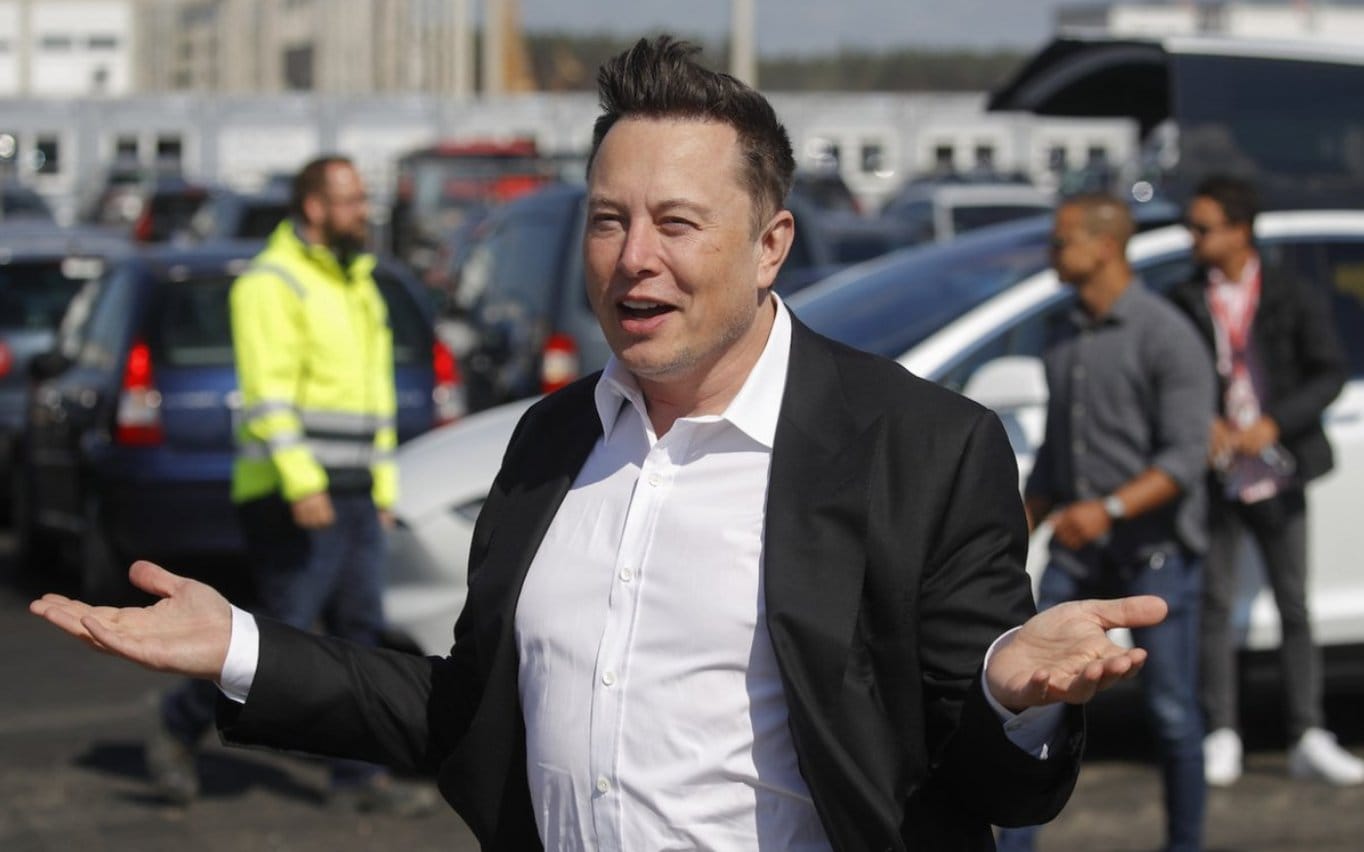광고 및 협찬 문의
beltjolaman@gmail.com
광고 및 협찬 문의
beltjolaman@gmail.com

![[EN] Innovation or Risk? Why Tesla’s FSD Is Turning Consumers Away gqluuudwoaeo3rc](https://beltjolaman.com/wp-content/uploads/2025/09/GqLuuUDWoAEo3Rc-1-1024x640.jpeg)
Tesla’s Full Self-Driving (Supervised) technology — FSD.
By its very name, it sounds like the future has already arrived. Yet in reality, American consumers are responding in a very different way.
Recent surveys show that instead of drawing people toward Tesla, FSD is pushing many away. The reaction is not “Amazing, I want a Tesla!” but rather “Isn’t that dangerous? I’d rather not buy one.”
Political consulting firm Slingshot Strategies surveyed 8,000 Americans about Tesla’s FSD.
The results were striking:
Even more telling: nearly half of respondents said FSD should be made illegal. Instead of seeing innovation, they see danger.
A few years ago, Tesla was the ultimate symbol of innovation.
The equation was simple: electric vehicle = Tesla. Today, the equation is broken.
In Europe, Tesla’s sales fell 40% year-over-year in July, marking the seventh consecutive month of decline. Meanwhile, rivals like BYD are growing.
The problem is not just sales numbers — it’s reputation. Elon Musk’s political statements, ties with Trump, and support for Germany’s far-right AfD party have all damaged Tesla’s image.
Tesla is no longer seen as “innovation” but rather as “controversy.”
Musk insists Tesla’s future depends on self-driving and robotaxis. But reality paints a different picture.
Waymo (Alphabet) and Baidu’s Apollo Go are already running commercial services in major cities. Waymo is testing driverless taxis in San Francisco and Phoenix, while Baidu operates in Beijing and Wuhan.
Tesla, on the other hand, still requires driver supervision. Even more concerning: over half of Tesla owners have never used FSD at all. That speaks volumes about consumer trust.
Tesla sells FSD for $99/month or via an upfront purchase. The CFO has marketed it as “a personal chauffeur for $3.33 per day.”
But consumers aren’t buying it. Why?
The biggest issue is safety.
In August 2025, a U.S. jury ruled Tesla partially liable for a fatal crash involving FSD. The company now faces $243 million in damages.
This hit Tesla’s reputation hard. Recent surveys show the percentage of people calling Tesla “unsafe” rose from 34% → 36%, while those calling it “very safe” dropped from 17% → 13%.
Meanwhile, brands like Honda, Toyota, and Chevrolet are still seen as the safest. Innovation doesn’t beat trust when lives are on the line.
In the U.S., trust in Tesla is collapsing. But overseas, Tesla is still testing opportunities.
This week, Tesla launched FSD Supervised in Australia, hoping for a better reception. Musk continues to insist that FSD is a “life-saving, life-changing technology.”
But for consumers, the vision of the future matters less than the safety they feel today.
Why is it that a groundbreaking technology makes consumers more afraid than excited?
It comes down to human psychology. The brain craves novelty, but when survival and safety are at stake, it defaults to caution.
In self-driving, trust comes before innovation. Tesla flipped the order: it shouted “innovation” while failing to secure “safety.” The result? Consumers turned away.
What does this mean for South Korea’s automakers and tech firms?
🔗 Source
📌 CNBC, Evelyn Cheng & Lora Kolodny (Aug 28, 2025)
“Tesla’s FSD turns off more U.S. consumers than it attracts”
구독을 신청하면 최신 게시물을 이메일로 받아볼 수 있습니다.